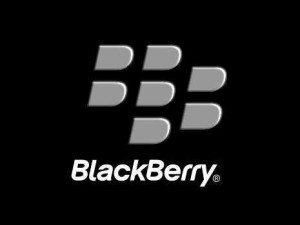 BlackBerry announced a $4.4 billion loss and a 56 percent drop in revenue when reporting results for the latest quarter. The latest reported numbers included a $2.7 billion write-down mainly related to the BlackBerry 10 line of phones. In the previous quarter, the company announced a loss of nearly $1 billion.
BlackBerry announced a $4.4 billion loss and a 56 percent drop in revenue when reporting results for the latest quarter. The latest reported numbers included a $2.7 billion write-down mainly related to the BlackBerry 10 line of phones. In the previous quarter, the company announced a loss of nearly $1 billion.
The financial news from the company has been dire in recent months. BlackBerry attempted to sell itself last month but failed to find a buyer for the company. Chief executive Thorsten Heins was recently replaced with John S. Chen, former chairman of the software company Sybase, who promptly fired several high-level executives at the company.
The BlackBerry 10 phones, while initially portrayed as a lifesaver for the company, have been a spectacular failure. While 4.3 million BlackBerrys were purchased by consumers and businesses during the quarter, 3.2 million of them were models operating the obsolete BlackBerry 7 operating system. Lackluster sales of the new phones caused a revenue plunge to $1.2 billion. The company earned $2.7 billion in revenue in the same period a year ago.
The company is entering into a partnership with Asian contract manufacturer Foxconn, moving away from the company’s once-core handset business. BlackBerry has long relied on Foxconn to manufacture phones, like many other hardware companies, but this new partnership appears to take the relationship to a new level. Mr. Chen said in a conference call with analysts that BlackBerry would jointly develop and manufacture some phones with Foxconn in the future
Foxconn will carry the inventory of those phones on its books, shielding BlackBerry from large write-downs of unwanted handsets. The cost of that inventory will be worked into the prices Foxconn charges BlackBerry for building the phones and using its hardware design and development service. Mr. Chen said the “majority of the margin” would be received by BlackBerry when the phones are sold. Mr. Chen also suggested that the company was aspiring to just break even on hardware.
